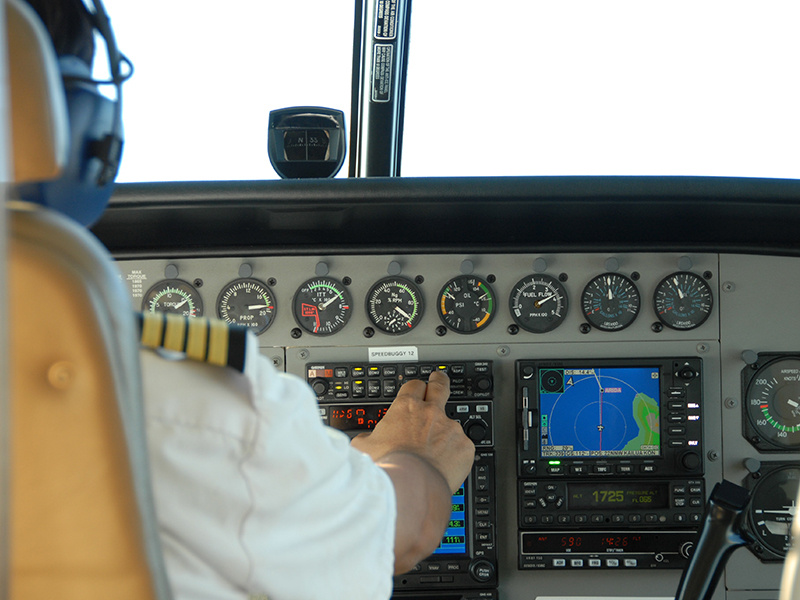


For some reason, pilots have always that certain air of respectability. Perhaps their uniform plays a role on this, perhaps, it is their sleek get-up; perhaps it comes from the fact that they’re trained pilots. We always seem to see pilots with respect and awe.
But there’s a reason behind this, and it’s not because of their looks, but how they act.
Ethics is a system of principles that decide what’s morally right and wrong, In the field of aviation in the Philippines, there isn’t a single code of ethics that can be applied for all.
This affects how people live their lives, make decisions, and interact with others. Airlines and aviation organizations in the Philippines have varying code of ethics. However, there’s this common themes are in place in these codes of ethics. Most pilots’ codes of ethics are divided into four sections: duties to the public, duties to employer, duties to other pilots, duties to one’s self.
Duties to the public:
Duties to employer:
Duties to Other Pilots:
Duties To One’s Self:
These guidelines regarding the conduct of pilots are helpful to keep in mind. Your future airline may have a different code slightly different to these. Always remember that beneath all the benefits, pride, and glamour of being a pilot, the essence will always be the desire to deliver passenger to their destinations.
WCC Aviation not only teaches pilot techniques and train their students in the technicalities in aviation, but also will teach the ethical practices in aviation. To know more about their curriculum, visit wccaviation.com today.
The information contained in this website is for general information purposes only.
While WCC Aviation Company endeavors to keep the information up to date and correct, we make no representations or warranties of any kind, express or implied, about the completeness, accuracy, reliability, suitability or availability with respect to information published in this website.
Click here to read the Privacy Statement in full